Bac Giang lychee enjoys large custom in Japan
At the opening event of the recent Vietnamese Goods Week 2022 at AEON, Soichi Okazaki, Executive Officer, ASEAN Business of AEON, happily said: “Last year, we imported only 5 tonnes of fresh lychee from Vietnam and only sold them in big supermarkets. This year, we imported 22 tonnes and put them on sale in all AEON supermarkets across Japan.”
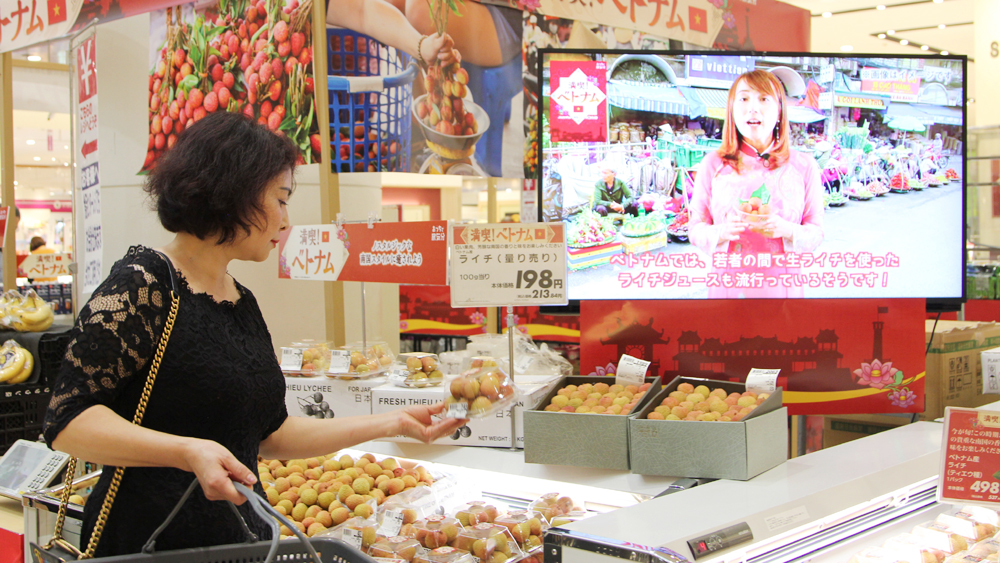 |
|
Japanese customers buy lychees at an AEON supermarket in Tokyo. |
Vietnamese Ambassador to Japan Vu Hong Nam said: “I am very happy to attend the Vietnamese Goods Week 2022 and after two years of the pandemic, this year’s event has many new things: much larger quantity of goods, diverse types of products and especially the lychee volume more than 10 times higher than that of 2021, with delicious taste and beautiful look".
Bac Giang province started exporting fresh lychee to Japan in the 2020 crop. As soon as the first shipment arrived here, Bac Giang lychee received the warm response of local consumers and Vietnamese living in Japan.
Miyasaka Maiko, head of the Rotary Alumni Association, said: “This is the first time I have tasted Vietnamese lychee. Compared to other types of lychee in Japan, I find Vietnam’s very delicious.”
In fact, in order to get the current foothold in the Japanese market, Bac Giang lychee had to go through a very arduous journey. During that journey, the authorities and lychee growers in Bac Giang worked closely with export businesses to ensure the quality of lychees for export.
Ta Duc Minh, Vietnam Trade Counselor in Japan, said “Japan sets strict standards on food hygiene and safety for imports. Therefore, only quality lychees can enter this market. These are also the reasons why the lychee prices are higher than the same period last year.”
For their part, knowing that Japan would increase the level and frequency of quarantine, Vietnamese lychee producers and exporters have actively exchanged information and agreed to work together to ensure quality of fresh lychees for export. Besides, in order to improve product quality and value, Vietnamese enterprises and Japanese partners have promoted cooperation in the transfer of new foreign preservation technology, thereby helping lychees retain their color and flavor for a longer time than before.
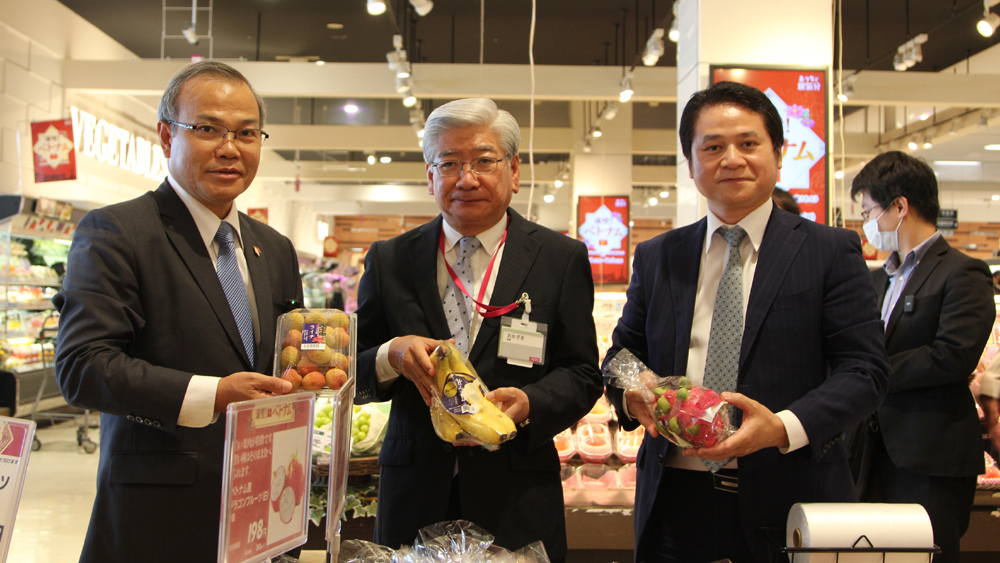 |
|
Vietnamese Ambassador to Japan Vu Hong Nam (left) and Soichi Okazaki, Executive Officer, ASEAN Business of AEON (centre) at the opening ceremony of the Vietnam Goods Week 2022. |
Meanwhile, production cooperatives and farmers also focused on implementing quality management processes in all stages of planting, caring and harvesting. For example, after harvesting, lychees are preliminarily processed within 3 hours to keep their freshness. Lychees are also eye-catchingly packaged into packages with different weights to meet the diverse needs of customers.
However, many experts warned that penetrating into the Japanese market is difficult, but maintaining a foothold in this market is even more difficult. Ambassador Vu Hong Nam hoped that export enterprises would invest more in new preservation equipment and technology so that the lychee quality is not affected during the transportation process.
Farmers should comply with the production processes, absolutely avoiding chemical residues as well as toxic substances in the products before exporting.
 Bắc giang
Bắc giang





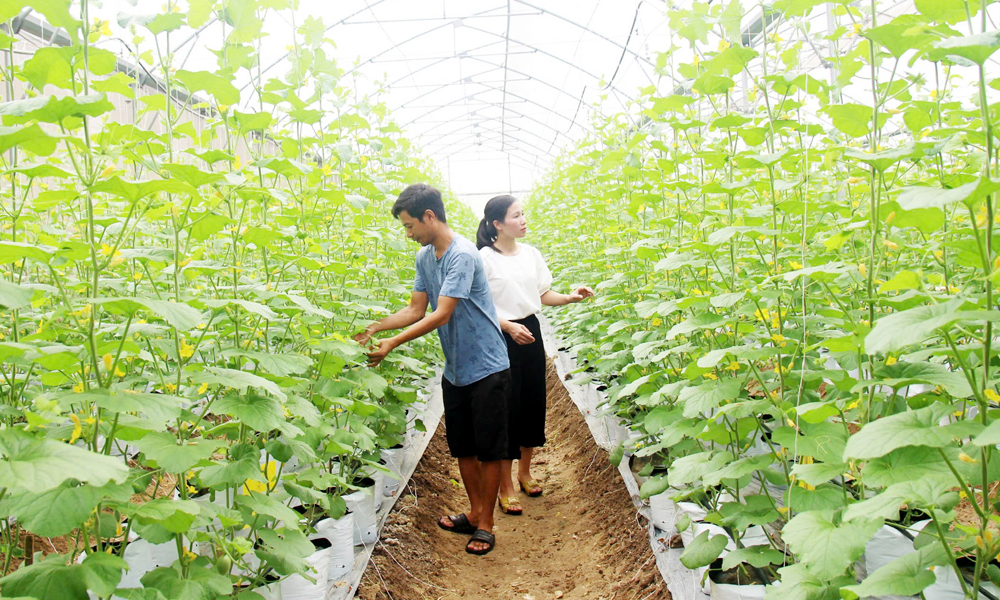


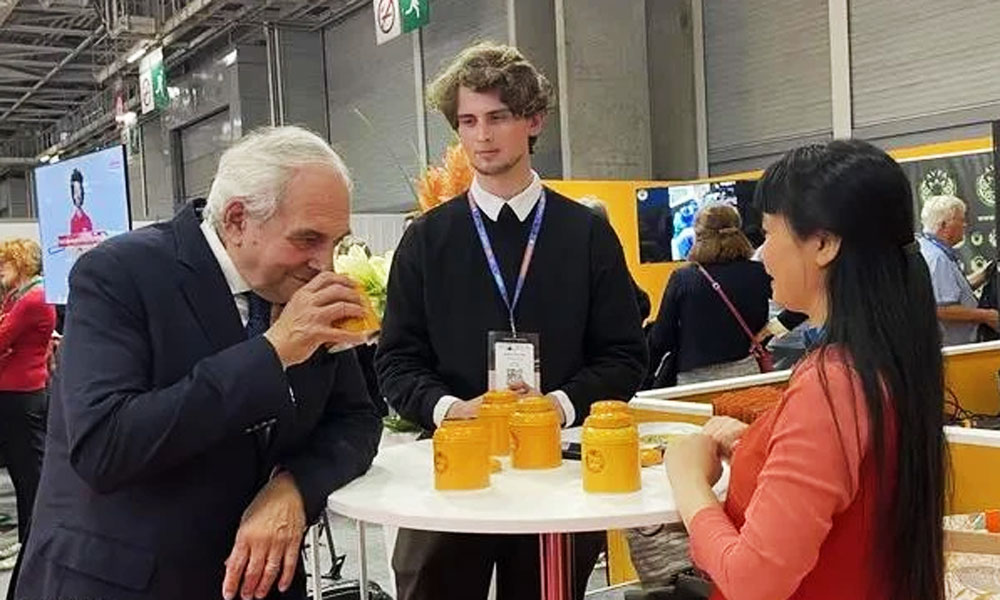
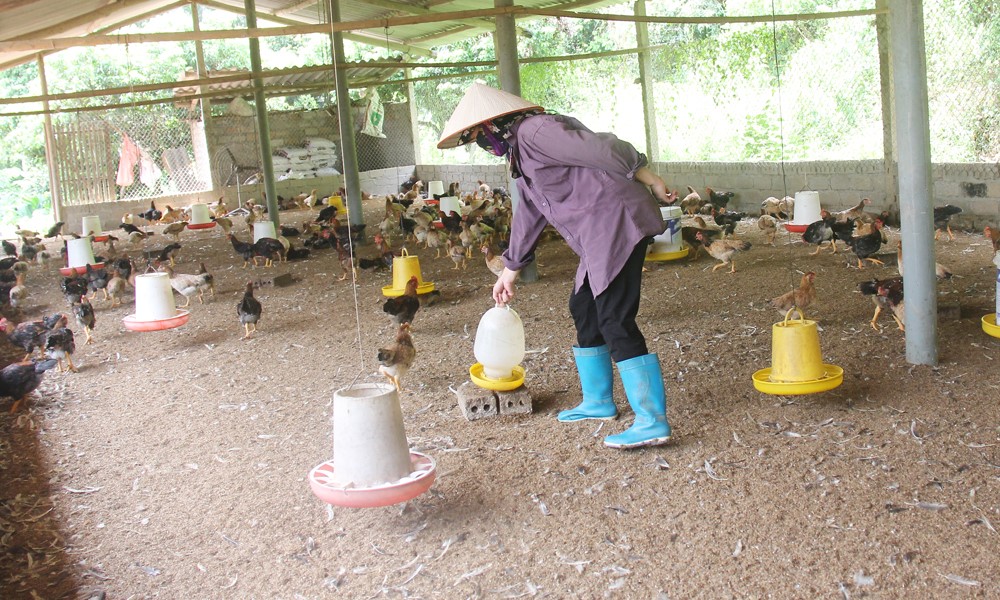



Reader's comments (0)